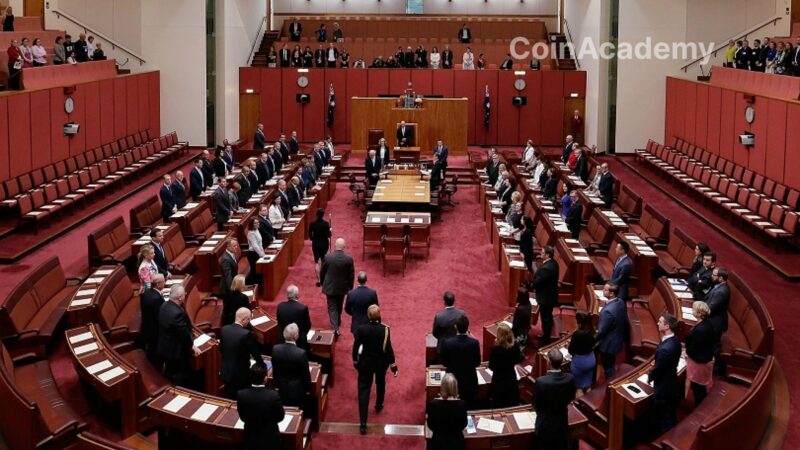The Gaming Catalyst Program (GCP) has received approval from the Arbitrum community with over 75% of the votes, demonstrating strong support from the community. This initiative aims to promote game development within the Arbitrum ecosystem.
The Foundation has announced a significant commitment to drive the gaming industry within its ecosystem.
The GCP will distribute 225 million Arbitrum tokens (ARB), valued at approximately $215 million, over a period of three years. Game developers will have the opportunity to receive grants, investments, or similar arrangements, which will foster growth and innovation within the Arbitrum ecosystem.
Approbation et soutien de la proposition
Introduced in March, the proposal was approved on June 7th with over 75% of the votes. Notable supporters include L2Beat, Wintermute, and Treasure DAO, the latter being a gaming-focused organization that expressed their enthusiasm.
On the other hand, Blockworks Research and Camelot DAO voiced their opposition to the proposal.
Structure de financement et de gouvernance
A significant portion of the funds is allocated to publishers, with new or early-career developers able to receive grants of up to 500,000 ARB (approximately $483,000 at current prices).
Established developers can seek investments that include value-sharing components such as tokens, shares, or similar arrangements. The remaining funds will be distributed among infrastructure-related bonuses and operational expenses, thus supporting the growth and development of the ecosystem.
A dedicated team will oversee the day-to-day operations of the GCP. Additionally, a five-member board, consisting of experts in the gaming industry, venture capital, data analysis, and DAO governance, will provide strategic supervision and guidance.
This governance structure ensures that funds are allocated efficiently to achieve the DAO’s goals while fostering innovation and accountability. The board also has the power to veto investment decisions and team appointments.
The GCP has established a strict financial framework, capping operational expenses at $25 million. Any expenditure exceeding this limit requires explicit approval from the DAO.




